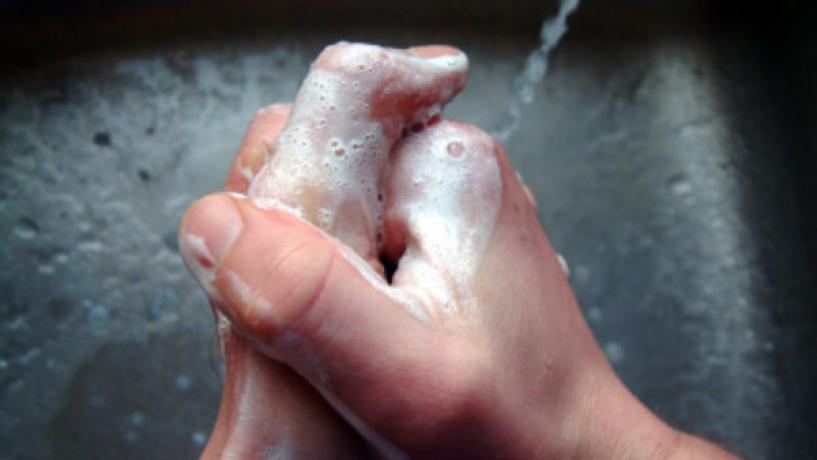
We all know that eating at home will guarantee healthier meals than you could consume at most restaurants.
However, choosing to eat at home means you must be very careful about food safety. You do not have an inspector coming in and letting you know you are doing things right like restaurants do, and you most likely do not have any formal training on how to manage food properly. There are simple food safety tips you can take to ensure that you handle all foods properly when you choose to eat at home.
Always Refrigerate Leftovers Quickly
There is a specific temperature in foods that is often referred to as the danger zone. When foods reach this temperature, bacteria will start to grow. In order to avoid this danger zone, foods should be kept warm and then cooled down quickly. To do this, you need to place foods in the proper container and refrigerate them no more than two hours after they have been taken off the heat.
Never Eat Uncooked Eggs
These foods can contain salmonella, which can cause food poisoning. Eggs should be stored in the refrigerator and then cooked properly before consumption.
Do Not Leave Meats Out to Defrost
It may seem quicker and easier to put the meat out on the counter so that it can defrost by the time you are ready to cook, but this can be dangerous and can lead to bacteria contamination. Make sure to allow yourself enough time and defrost the meat in the refrigerator.
Wash your Hands
You need to wash your hands often when you are cooking in the kitchen. This includes before and after touching any raw meats, before touching vegetables, and after you have finished cooking. In fact, get in the habit of washing your hands as often as possible.
Always Follow Temperature Directions
Foods that contain meats and eggs need to be heated up to a specific temperature to kill any bacteria in it. You should consult labels in order to determine how much each type of food must be heated for safety.
Eating at home can make you a healthier and happier person. You do not have to be a food safety expert in order to ensure your foods are safe to eat at home. Instead, make sure to follow the tips above and you should not have a problem.





